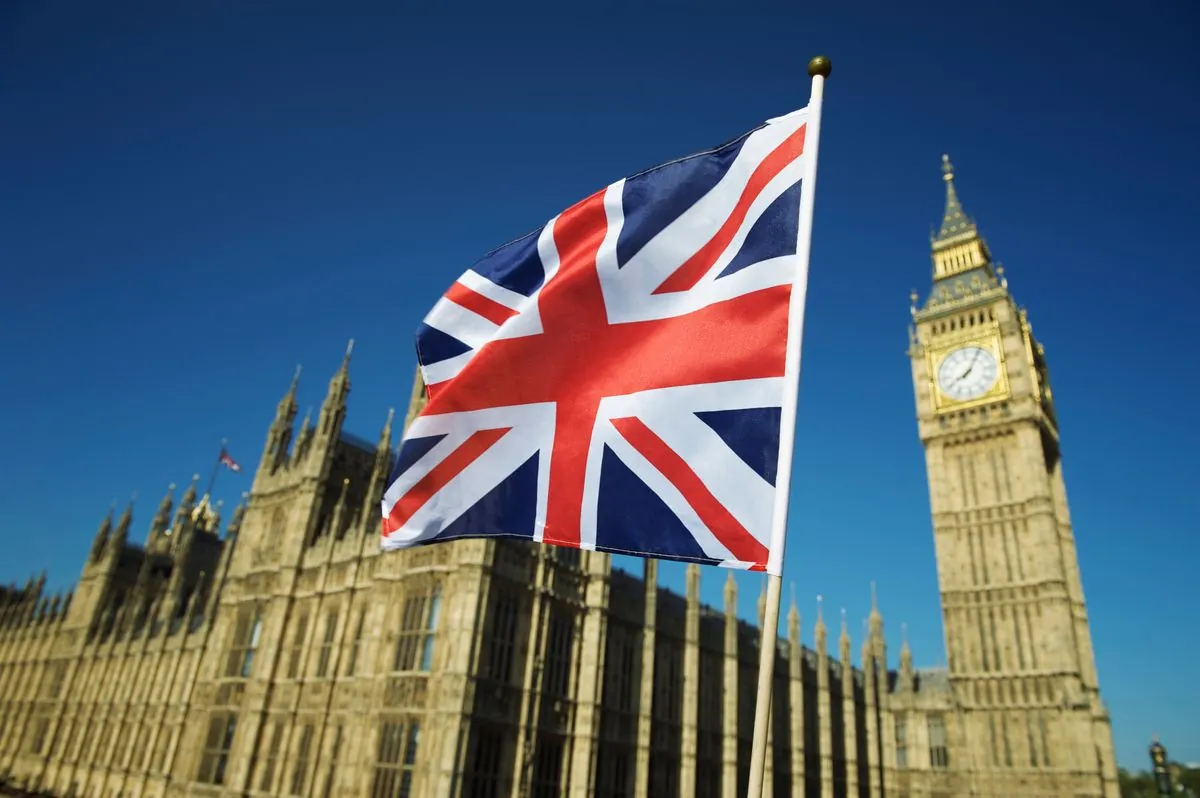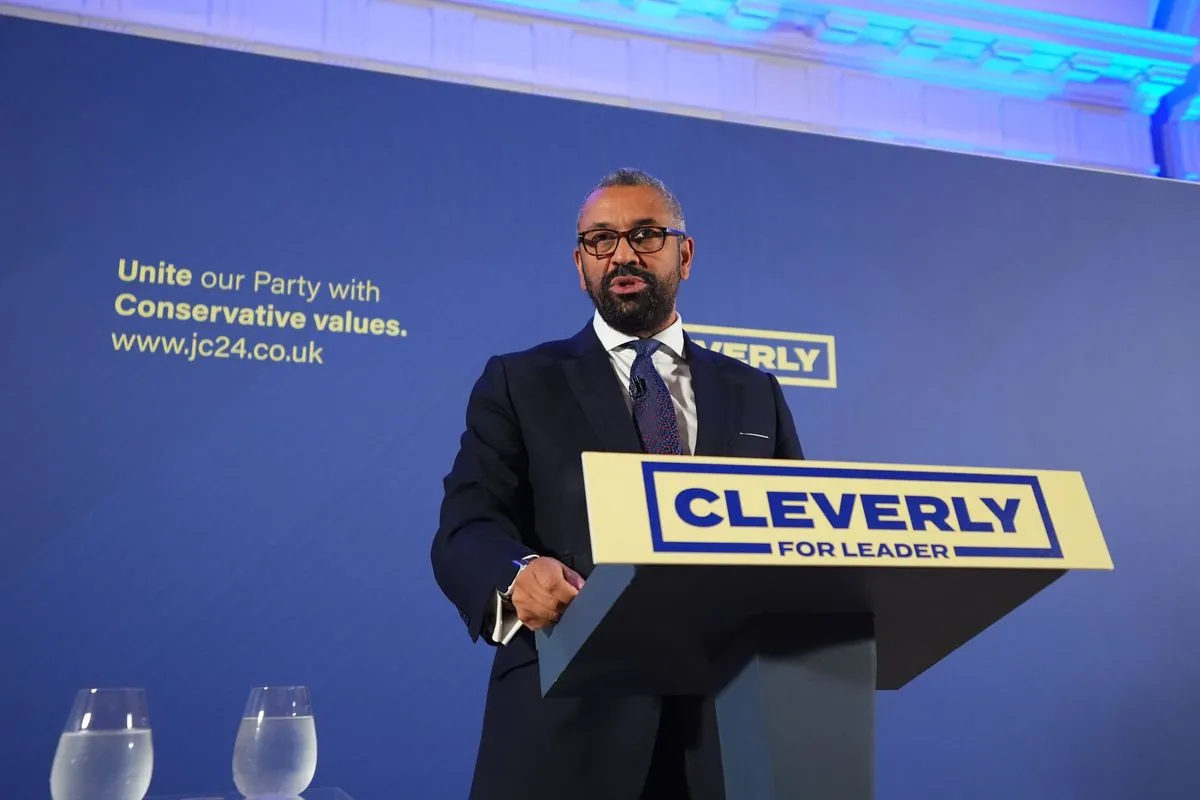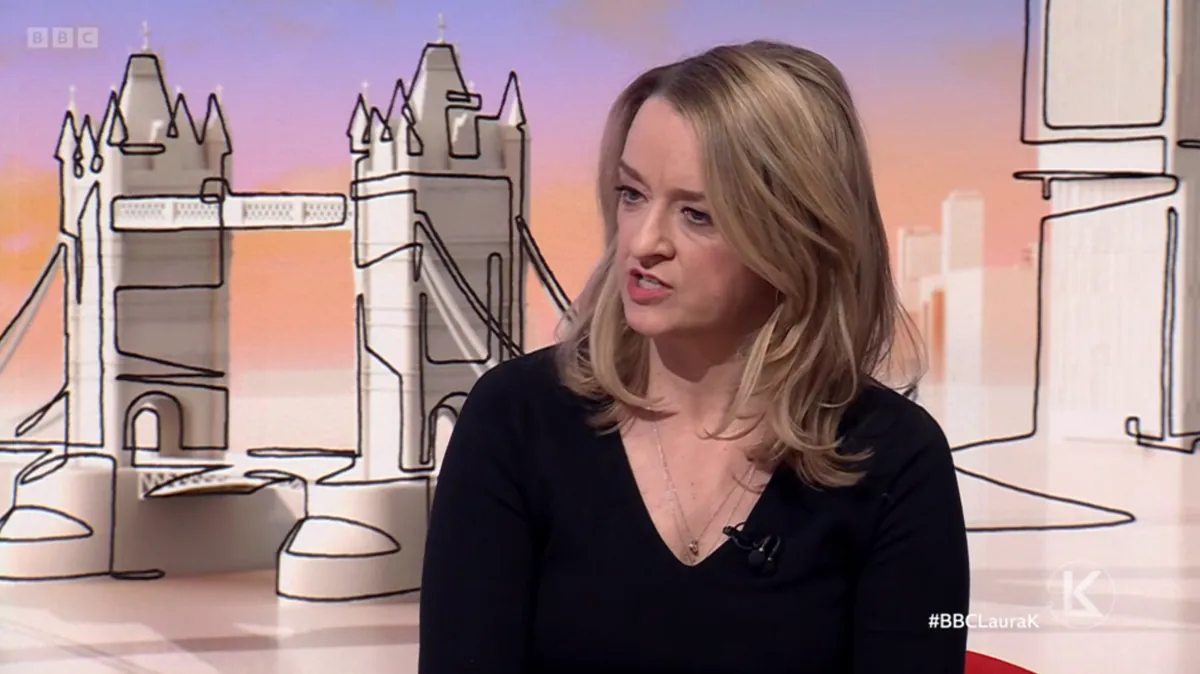Labour's Tax Shift: Conservative Response and Future Economic Vision
Labour's impending tax increases prompt Conservative reflection on fiscal policy. Six principles outlined for future tax approach, emphasizing virtuous behavior and economic growth.

As September 2024 draws to a close, the political landscape in the United Kingdom is buzzing with anticipation of significant tax policy changes. The Labour Party, led by Keir Starmer and Rachel Reeves, appears poised to implement broader tax increases than initially promised during their campaign.
This shift in Labour's approach presents an opportunity for the Conservative Party to reassess and articulate its own fiscal strategy. As the party convenes for its conference in Birmingham, it must navigate a delicate balance between critiquing Labour's policies and presenting a credible alternative.
The Conservatives face a complex challenge. While there's a temptation to advocate for immediate tax cuts, the party must consider several factors:
- Public expectations for well-funded services
- The lingering impact of previous economic experiments
- Labour's current control of the political narrative
In light of these considerations, a nuanced approach to tax policy is necessary. Here are six principles that could guide the Conservative stance:
- Prioritize societal well-being over specific tax levels
- Maintain fiscal responsibility
- Encourage both private and public investment
- Ensure adequate funding for essential public services
- Focus on reform and growth as pathways to lower taxes
- Target tax cuts to promote virtuous behavior benefiting society

These principles acknowledge the need for a balanced approach to taxation and public spending. For instance, while the UK's debt-to-GDP ratio stands at approximately 100%, there may be room to adjust fiscal rules to allow for increased investment borrowing. However, this must be done cautiously, considering the watchful eyes of bond markets.
The Conservative Party must also address the growing demands on public services, particularly in healthcare and defense. The National Health Service, established in 1948, faces increasing pressure due to an aging population. Similarly, defense spending, which stood at 2.2% of GDP in 2022, may require additional resources in light of evolving global threats.
"Out of the ruins of a landslide election defeat, among the policy wonks and politicians, sometimes in papers but often at this stage behind closed doors, it is possible to discern the beginnings of new Conservative economic thinking."
As the party looks to the future, emerging economic ideas include:
- Advocating for a smaller but stronger state
- Supporting reindustrialization efforts
- Developing a more pragmatic energy policy
- Implementing supply-side reforms to boost productivity
These concepts, combined with a focus on welfare reform and immigration control, form the foundation of a developing Conservative economic strategy. However, the party must avoid rushing into firm commitments and instead focus on holding the current government accountable while refining its own position.
In conclusion, as the political landscape evolves, the Conservative Party has an opportunity to shape its tax policy around the principle of rewarding virtuous behavior. By emphasizing investment, innovation, and support for families, the party can present a distinct vision for the UK's economic future.


































